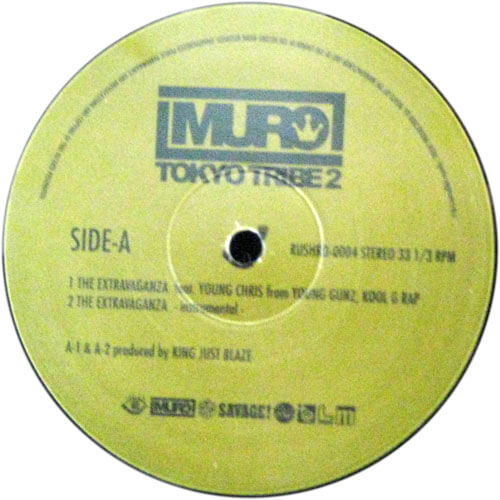


To resolve the issue at the earliest, a high-level meeting was held at New Delhi on Thursday under the chairmanship of Ananta Nayak, member of National Commission for Scheduled Tribes (NCST). That is why the displaced movement still continues in Rourkela. Costs and services to be considered as funding match must fall into the categories included as Eligible Costs and must be incurred after the effective date of Proposition 68 (June 5, 2018).Though more than seven decades ago tribal people were displaced for establishment of the Rourkela Steel Plant and Marshaling Yard but many of them still deprived of the appropriate compensation. Projects funded with Proposition 68 funds require a minimum 20 percent funding match from non-State sources unless the grant benefits a disadvantaged community (no funding match is required for disadvantaged community applicants). The geographic scope of the USRP is statewide Matching Funding Requirement: The USRP recognizes partnerships when there is a signed MOU between authorities representing the partners included in the application Eligible Geographies: Requires a partnership of two applicants (sponsor and co-sponsor): one local public agency, Tribe, or a certified 501(c)(3) non-profit organization and local community group. Eligibility Requirements Eligible Applicants: Eligible planning grants may include any combination of the technical assistance activities listed above, including project development activities that occur prior to the initiation of construction. The USRP may also fund planning-only grants for projects that would serve disadvantaged communities once completed. O Purchase of lands or structures on lands to allow for floodplain reconnection and floodwater detention or wetlands/tidal zone restoration. O Removing of culverts or storm drains to stabilize channels to achieve flood control objectives and daylighting of streams. O Installation of bioswales prior to water reaching urban streams. O Recontouring of channels to improve or reestablish floodplain function and localized flood protection. Eligible projects types include, but are not limited to:
TRIBES 2 RSP CODE
These activities may include but are not limited to: community organizing, resource interpretation, multilingual translation, natural science, community education, and communication-related to water, parks, climate change resiliency, and other outdoor pursuits.Įligible projects must be consistent with the goals of the USRP outlined in Water Code sections 7048-7049.

Requires a public outreach and education component that is designed to encourage community participation in the planning process, public support for long-term management for a minimum 10-year timeframe, and to increase the public’s understanding of the project’s benefits to the environment and the sustainability of California's water resources. The RSP objectives defined in the Water Code direct program staff to connect with communities and encourage community participation in project development and stewardship. Local community-supported projects can support local economies, renew a community’s understanding of the value of streams, and make them a centerpiece for the community while expanding their contact with nature. (3) promoting community involvement, education, and riverine stewardship.Ī major objective of the USRP is to bring people together around projects that foster community relationships while ensuring the community’s interests are incorporated into the project’s planning, design, and outcomes. (2) preventing future property damage caused by flooding and bank erosion (1) protecting, enhancing, and restoring the natural, ecological value of streams The USRP funds projects and provides technical assistance to restore streams impacted by urban development to a more natural state Description: The Urban Streams Restoration Program (USRP), established by Water Code section 7048 which declared that urban creek protection, restoration, and enhancement are best undertaken by local agencies and organizations with assistance from the State.


 0 kommentar(er)
0 kommentar(er)
